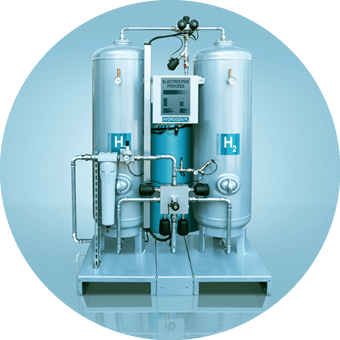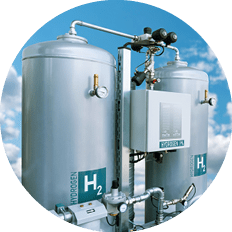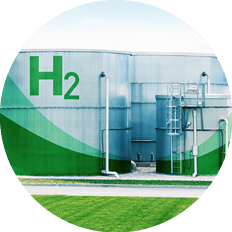

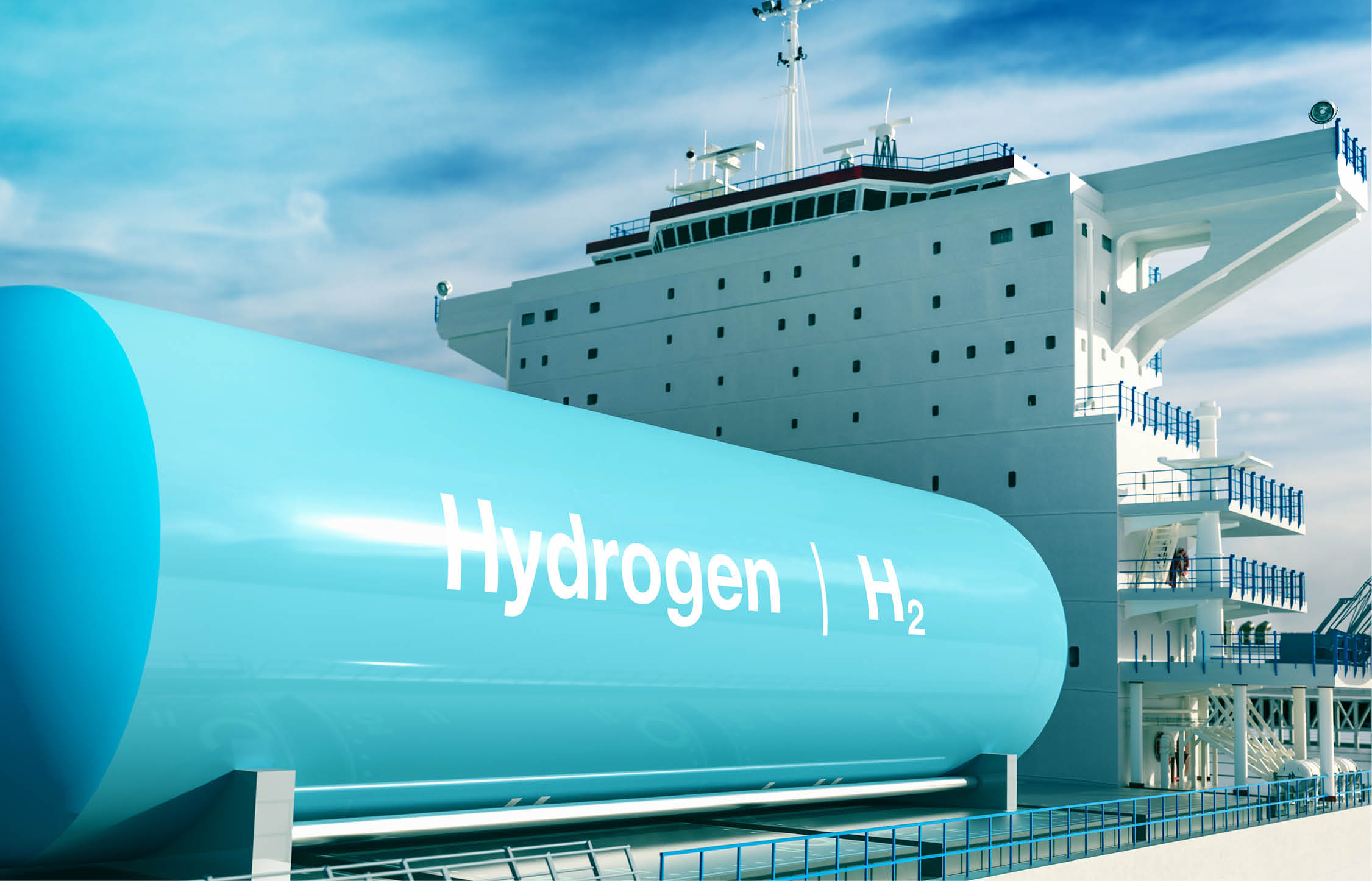
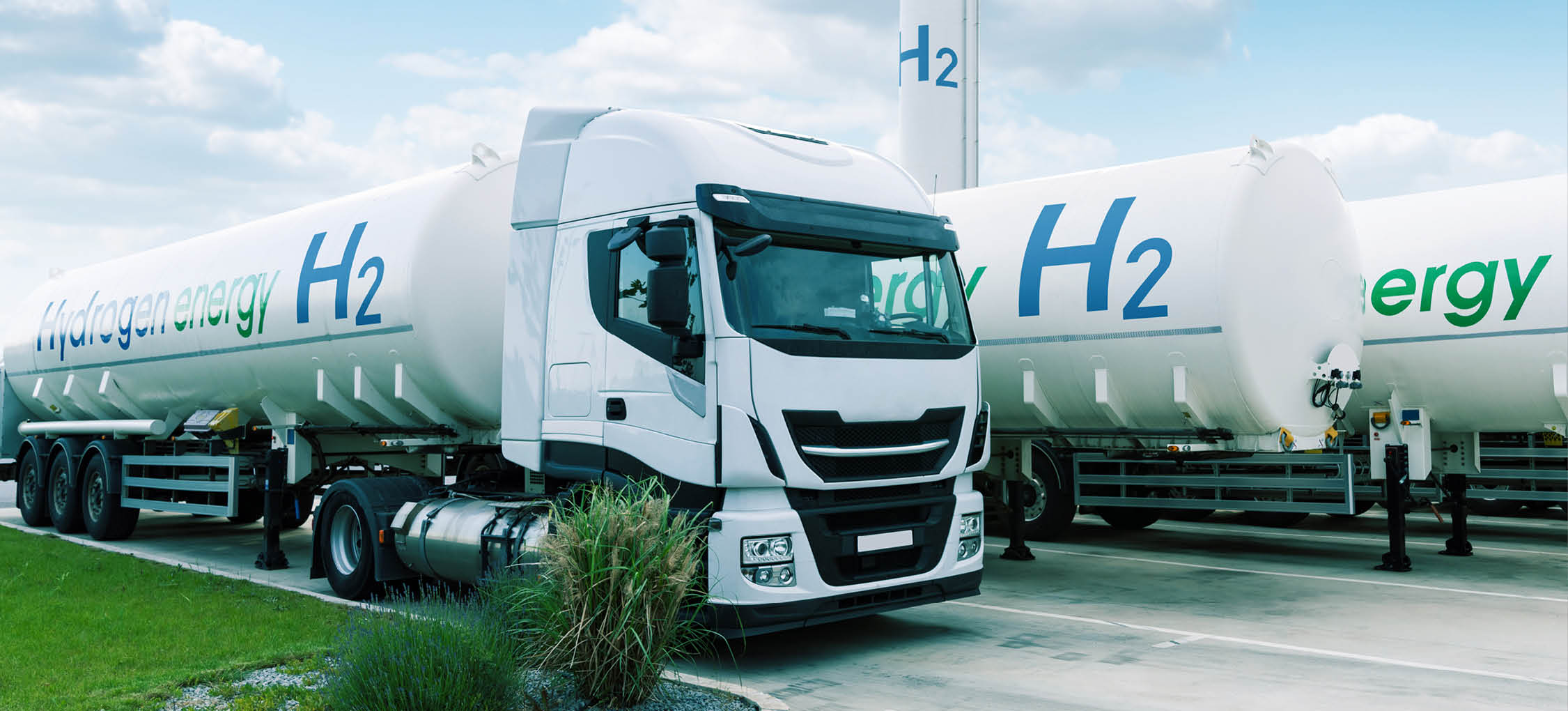
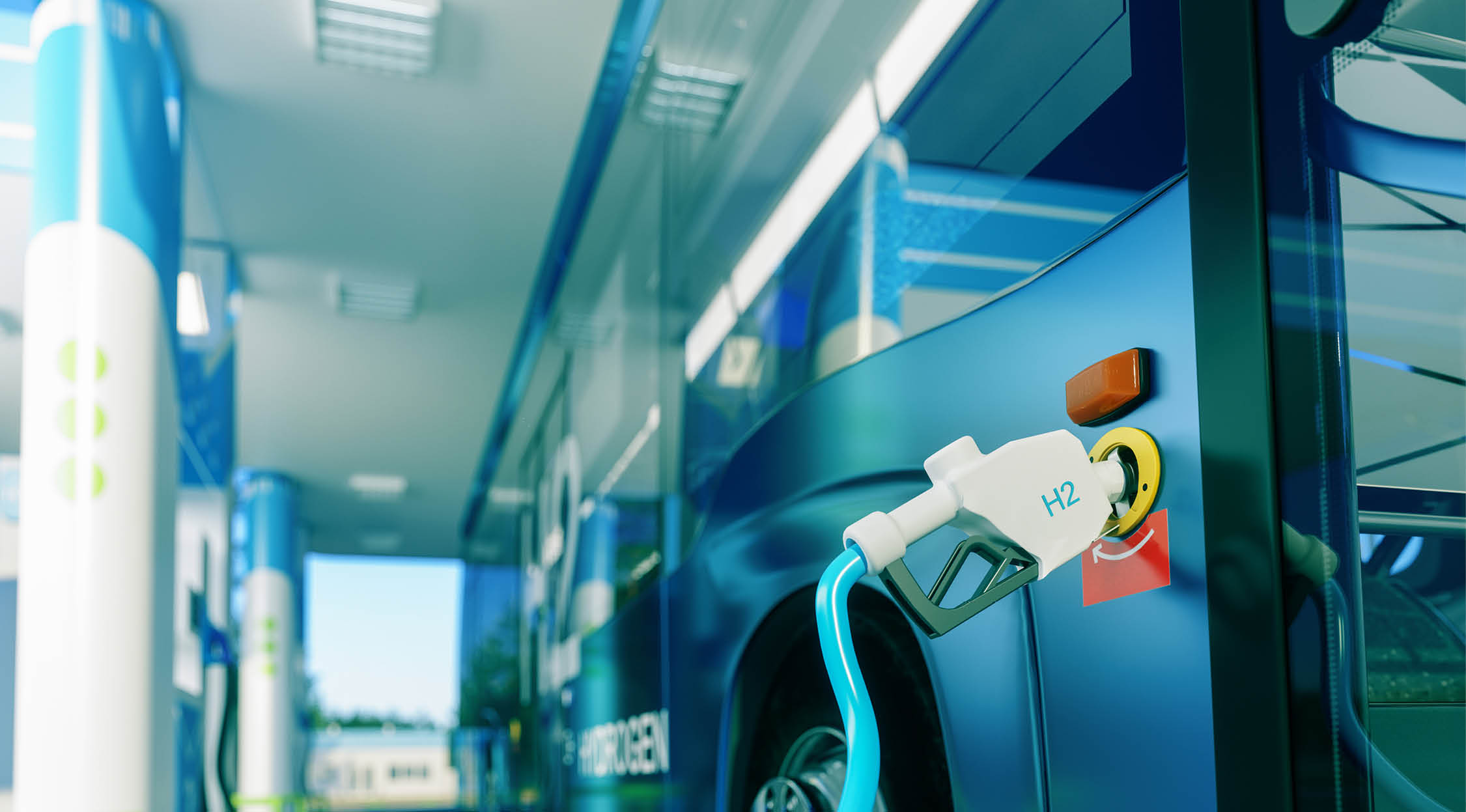
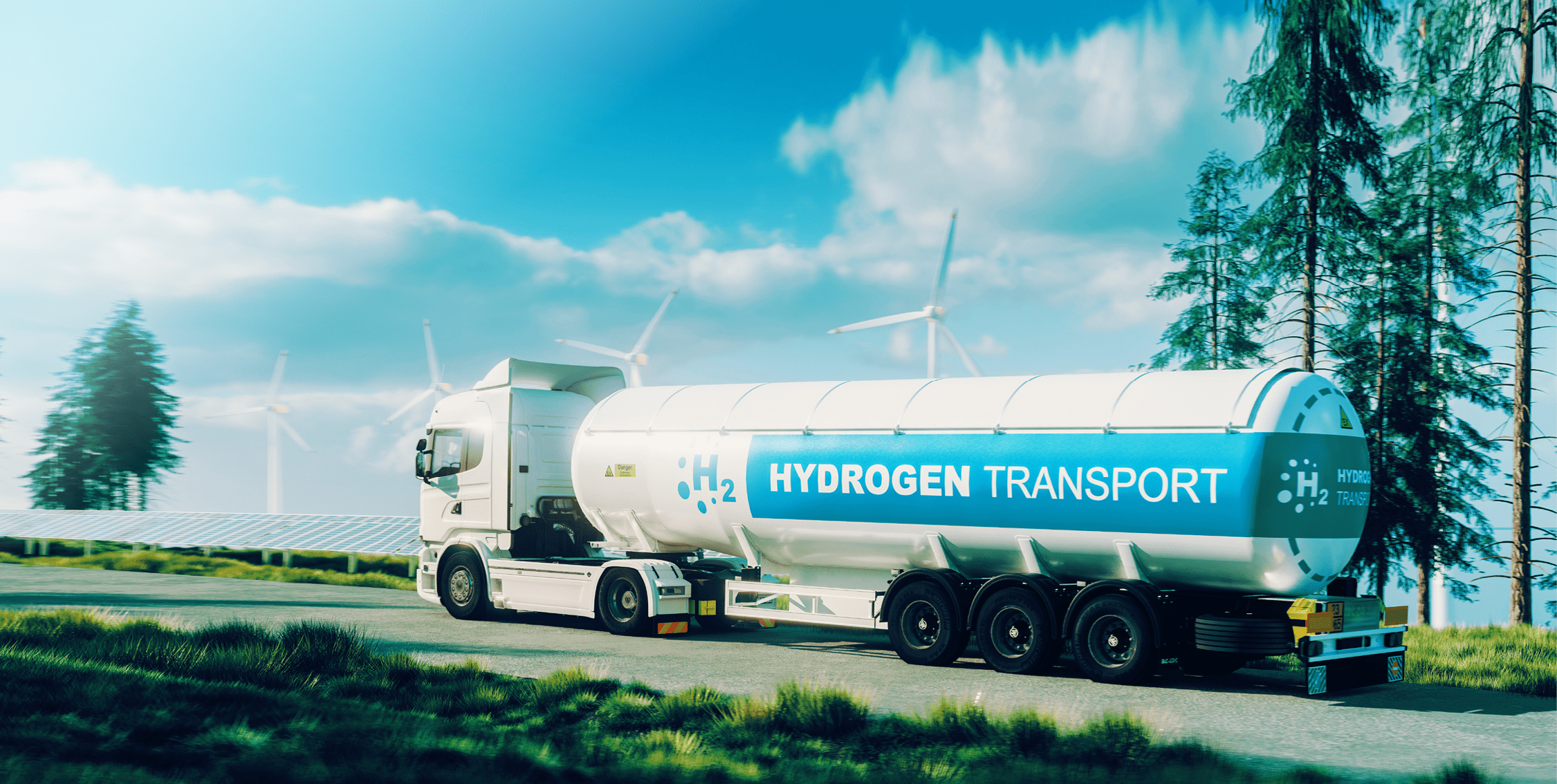



Home
Exemption
from general system charges
 The feed-in-premium granted to biomethane plants will possibly be extended to green hydrogen production plants by the end of 2023.
The feed-in-premium granted to biomethane plants will possibly be extended to green hydrogen production plants by the end of 2023.
 Hydrogen produced through electrolysis is not subject to excise duty.
Hydrogen produced through electrolysis is not subject to excise duty.
Italy is well positioned to play a central role in Europe's hydrogen strategy. In particular, it boasts:
 An extensive gas transport infrastructure that allows connections with North Africa;
An extensive gas transport infrastructure that allows connections with North Africa;
 A competitive manufacturing sector, providing a ready market for hydrogen energy; and
A competitive manufacturing sector, providing a ready market for hydrogen energy; and
 The ability to integrate hydrogen into the energy system.
The ability to integrate hydrogen into the energy system.
Italy benefits from a geographical position that makes it a natural hub, acting as an infrastructural bridge between Europe and North Africa. Its capillary gas transport network is among the first in the world to experience the injection of increasing volumes of hydrogen.
In a recent joint study conducted by the European Patent Office (EPO) and the International Energy Agency (IEA), Italy was ranked as the fifth most innovative country in Europe for hydrogen technologies, with among the most patents globally, particularly for 'green hydrogen'. In the period 2011-2020, 70% of all hydrogen patents from Italy related to green and climate-friendly technologies.
Italy's legislature has provided for simplified procedures for authorising the construction and operation of electrolysers, which are particularly simplified for plants producing green hydrogen.
Importantly, all incentives the legislator has devised and/or is about to adopt refer to the production of exclusively green hydrogen.

Key legislation

Key regulatory bodies
At the time of writing (Q4 2023), there is no news about anticipated near-term regulatory changes, except for new incentive schemes expected to be implemented in the coming months.
Anticipated near-term regulatory changes
 The consumption of electricity from renewable sources in electrolysis plants to produce green hydrogen is no longer subject to part of the general system charges.
The consumption of electricity from renewable sources in electrolysis plants to produce green hydrogen is no longer subject to part of the general system charges.
 MASE (formerly MITE, “Ministero per l’Ambiente e la Sicurezza Energetica”): the Ministry for Environment and Energy Security.
MASE (formerly MITE, “Ministero per l’Ambiente e la Sicurezza Energetica”): the Ministry for Environment and Energy Security.
 ARERA (“Autorità di Regolazione per Energia Reti e Ambiente”): the Italian Regulatory Authority for Energy, Grids and Environment, an independent Authority that regulates energy and gas markets.
ARERA (“Autorità di Regolazione per Energia Reti e Ambiente”): the Italian Regulatory Authority for Energy, Grids and Environment, an independent Authority that regulates energy and gas markets.
 GSE (“Gestore dei Servizi Energetici”): a state-owned company, responsible for incentives in the green sector (e.g.: renewable energy, energy efficiency; and ultimately hydrogen).
GSE (“Gestore dei Servizi Energetici”): a state-owned company, responsible for incentives in the green sector (e.g.: renewable energy, energy efficiency; and ultimately hydrogen).
 GME (“Gestore dei Mercati Energetici”): a GSE-controlled company, responsible for the management of the Italian Energy and Gas Market Exchange;
GME (“Gestore dei Mercati Energetici”): a GSE-controlled company, responsible for the management of the Italian Energy and Gas Market Exchange;

Exemption from excise duty

Feed-in-premium
 The PNRR foresees an allocation of funds specifically for hydrogen and green hydrogen projects, in the form of a percentage contribution to the total cost of the works.
The PNRR foresees an allocation of funds specifically for hydrogen and green hydrogen projects, in the form of a percentage contribution to the total cost of the works.

PNRR contribution
Access to the exemption from general system charges and excise duty will be granted only to green hydrogen plants.
Green hydrogen production plants must meet the following requirements:
 Produce electricity from renewable sources through a network with an obligation to connect third parties.
Produce electricity from renewable sources through a network with an obligation to connect third parties.
 Use electricity produced from renewable sources directly connected to the electrolyser.
Use electricity produced from renewable sources directly connected to the electrolyser.
Other requirements are provided for the quality of electricity produced and the calculation and verification of the effective emissions reduction.
By the end of 2023 a new Ministerial Decree related to incentives for biomethane is expected to be published: as per Ministerial Decree No. 463 of 21 October 2022 (see above), it is likely the incentives will be extended to the production of green hydrogen.
In the near future, a new Ministerial Decree related to incentives for hydrogen projects in the steel industries is likely to be published.
Accessing support schemes
There is currently no regulation of HPAs in Italy, so any party is free to enter into an HPA without any particular constraints. In this respect, HPAs in Italy are treated similarly to PPAs or gas supply contracts.
At the time of writing (Q4 2023) there are no indications that the ARERA will impose any requirements and/or mandatory clauses, since HPAs do not involve parties formally defined as a "final consumer", which receive particular protections.
It is however possible that minimum requirements will be imposed for HPAs if one of the parties to the contract is a public entity.
Considering the incentives available for green hydrogen projects in Italy include both the possibility that (1) a renewable energy generation facility is directly connected to an electrolyser and/or (2) that the renewable energy generation facility is not directly connected, but that the renewable origin of the energy is verified by means of certificates of origin, it is presumable that a classic purchase agreement as well as hybrid figures (e.g. tolling) will be developed.
In the first case, the producer produces both the renewable energy that powers the electrolyser and the hydrogen itself, which is then sold to a counterparty; in the latter case, the producer merely produces the hydrogen on the basis of fuels (renewable energy and water) purchased elsewhere or supplied by third parties.
The main market opportunities for hydrogen are in heavy industries as an alternative to fossil fuels, such as steel production and other industrial applications including cement, paper, ceramics and glass manufacturing.
There are also opportunities in the transport sector (especially long distance) as an alternative to petrol or diesel and the maritime sector.
The steel industry and transport (e.g. air transportation) are subject to EU-ETS, as well as other industries hypothetically involved (i.e. cement, ceramics, glass, paper mills).
Selling opportunities

Hydrogen purchase agreements (HPAs) in Italy
The main legal risks arise from the evolving regulatory framework for hydrogen in Italy – for example, it is possible that new regulations will be imposed that prescribe areas in which it will be possible to build electrolysers, and how hydrogen may be transported.
These will affect both the commercial as well as the legal aspects of hydrogen projects and transactions.
Key legal and commercial issues in HPAs in Italy
 PNIEC (“Piano Nazionale Integrato Energia e Clima”): is the National Energy and Climate Plan. The Plan, aimed to implement EU Regulation 2018/1999, is focused on the reduction of harmful emissions and the development of renewable energy sources.
PNIEC (“Piano Nazionale Integrato Energia e Clima”): is the National Energy and Climate Plan. The Plan, aimed to implement EU Regulation 2018/1999, is focused on the reduction of harmful emissions and the development of renewable energy sources.
 SNI (“Strategia Nazionale per l'Idrogeno”): is the National Hydrogen Strategy. It takes the next step beyond the PNIEC, promoting the use of hydrogen in long-haul transport (including railways) and heavy industry, and for hydrogen blending in the gas grid. To achieve these goals, the plan is divided into two main phases:
SNI (“Strategia Nazionale per l'Idrogeno”): is the National Hydrogen Strategy. It takes the next step beyond the PNIEC, promoting the use of hydrogen in long-haul transport (including railways) and heavy industry, and for hydrogen blending in the gas grid. To achieve these goals, the plan is divided into two main phases:
 PNRR (“Piano Nazionale di Ripresa e Resilienza”) is the Italian National Recovery and Resilience Plan adopted pursuant to the Next Generation EU, which has a specific chapter focused on hydrogen and related initiatives.
PNRR (“Piano Nazionale di Ripresa e Resilienza”) is the Italian National Recovery and Resilience Plan adopted pursuant to the Next Generation EU, which has a specific chapter focused on hydrogen and related initiatives.
 Legislative Decree No. 199/2021 (Articles 11-37-38), provides for (1) the update of terms and conditions for connections of plants to gas networks, including hydrogen plants and (2) the authorisation procedures for the construction and operation of plants to produce hydrogen through electrolysers. The Decree also establishes that incentives that will be provided in future for biomethane may also be extended to the production of gaseous fuels from renewable sources, including the production of hydrogen from biomass (provisions further detailed by Ministerial Decree No. 463 of 21 October 2022).
Legislative Decree No. 199/2021 (Articles 11-37-38), provides for (1) the update of terms and conditions for connections of plants to gas networks, including hydrogen plants and (2) the authorisation procedures for the construction and operation of plants to produce hydrogen through electrolysers. The Decree also establishes that incentives that will be provided in future for biomethane may also be extended to the production of gaseous fuels from renewable sources, including the production of hydrogen from biomass (provisions further detailed by Ministerial Decree No. 463 of 21 October 2022).
 Decree-Law No. 36/2022 (Article 23), provides that (1) the consumption of electricity from renewable sources in electrolysis plants to produce green hydrogen is no longer subject to the general system charges and (2) an exemption from some tax duties for green hydrogen; the incentive is further regulated in more detail by Ministerial Decree of 21 September 2022 and ARERA Resolution no. 557/2022/R/eel.
Decree-Law No. 36/2022 (Article 23), provides that (1) the consumption of electricity from renewable sources in electrolysis plants to produce green hydrogen is no longer subject to the general system charges and (2) an exemption from some tax duties for green hydrogen; the incentive is further regulated in more detail by Ministerial Decree of 21 September 2022 and ARERA Resolution no. 557/2022/R/eel.
 Decree-Law no.115/2022 (see Articles 32 e 33), regarding authorisation procedures for “areas of national strategic interest”, including areas for developing hydrogen projects. Within the “areas of national strategic interest”, authorisation procedures are simplified.
Decree-Law no.115/2022 (see Articles 32 e 33), regarding authorisation procedures for “areas of national strategic interest”, including areas for developing hydrogen projects. Within the “areas of national strategic interest”, authorisation procedures are simplified.
 Decree-Law No. 13/2023 (see Article 41), provides for further simplifications in permitting procedures for the development of green and renewable hydrogen.
Decree-Law No. 13/2023 (see Article 41), provides for further simplifications in permitting procedures for the development of green and renewable hydrogen.
 Ministerial Decree no. 224 of 14 July 2023 regarding the certification of origin of hydrogen from renewable sources.
Ministerial Decree no. 224 of 14 July 2023 regarding the certification of origin of hydrogen from renewable sources.
 An EU-level fund aiming to bridge the cost gap between green hydrogen and hydrogen production based on carbon-emitting fossil fuels, with hydrogen producers invited to bid for financial support based on their anticipated production of green hydrogen.
An EU-level fund aiming to bridge the cost gap between green hydrogen and hydrogen production based on carbon-emitting fossil fuels, with hydrogen producers invited to bid for financial support based on their anticipated production of green hydrogen.

The EU Innovation Fund/Hydrogen
All the above-mentioned incentive mechanisms are provided exclusively for green hydrogen.
Regulatory requirements for hydrogen energy installations and electrolysers










Support schemes

Selling hydrogen in Italy

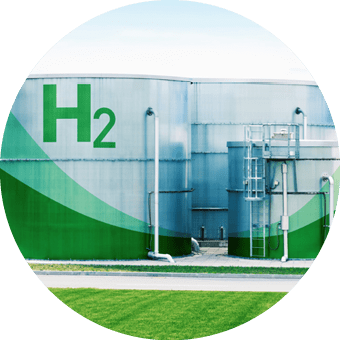
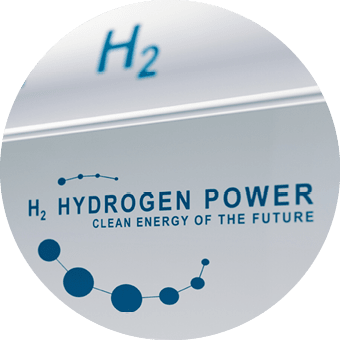
In the period 2011-2020, 70% of all hydrogen patents from Italy related to green and climate-friendly technologies.


